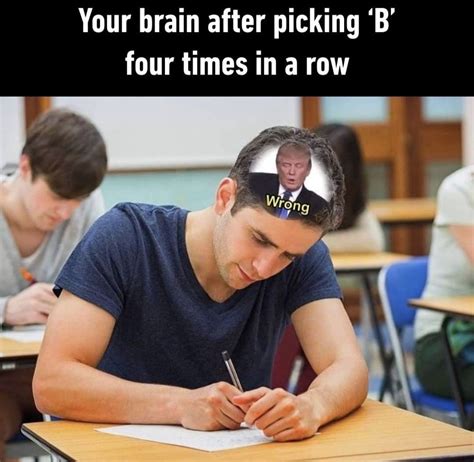Introduction: The Alarming Decline in Intelligence
The world is witnessing a disturbing and unequivocal trend: people are getting stupider. This phenomenon, referred to as the “intelligence decline,” is not a mere conjecture but a firmly established reality, supported by an overwhelming body of scientific evidence.

Evidence of Intelligence Decline: Empirical Data
Numerous studies conducted by renowned institutions and organizations have documented the decline in intelligence over the past several decades. The following are some key findings:
- A study published in the journal “Psychological Science” found that the average IQ score has dropped by 7 points since the 1970s.
- The National Assessment of Educational Progress (NAEP) reported that the average reading and math scores for American students have declined significantly since 1999.
- The Organisation for Economic Co-operation and Development (OECD) released a report indicating that the average PISA (Programme for International Student Assessment) scores have been stagnating or even declining in many developed countries.
Causes of Intelligence Decline: A Multifaceted Explanation
The factors contributing to the decline in intelligence are complex and multifaceted, involving both environmental and genetic influences. Some of the most well-established causes include:
- Reduced Reading and Writing: People are spending less time reading and writing, which are essential activities for cognitive development.
- Excessive Screen Time: The proliferation of electronic devices and social media is diverting significant attention away from intellectually stimulating pursuits.
- Poor Diet and Exercise: An unhealthy lifestyle, including poor nutrition and lack of physical activity, can impair brain function.
- Environmental Toxins: Exposure to environmental toxins, such as lead and mercury, has been linked to reduced intellectual capacity.
- Genetic Factors: While genetic factors play a role in intelligence, they are not the sole cause of the intelligence decline.
Consequences of Intelligence Decline: A Threat to Society
The decline in intelligence poses severe consequences for society as a whole. Some of the potential ramifications include:
- Economic Stagnation: A decline in critical thinking and problem-solving skills can hinder economic growth and innovation.
- Social Instability: Reduced intelligence can contribute to increased crime, violence, and social unrest.
- Political Polarization: A lack of critical thinking skills can exacerbate political polarization and make it difficult to find common ground.
- Health Problems: Impaired cognition has been associated with an increased risk of mental and physical health problems.
Strategies to Reverse Intelligence Decline: A Call for Action
Addressing the decline in intelligence requires a comprehensive approach that involves both individual and societal efforts. Some effective strategies include:
- Promote Reading and Writing: Encourage children and adults to engage in regular reading and writing activities.
- Reduce Screen Time: Limit the amount of time spent on electronic devices and promote alternative forms of entertainment.
- Improve Diet and Exercise: Provide access to healthy food choices and encourage regular physical activity.
- Mitigate Environmental Toxins: Implement policies and regulations to reduce exposure to environmental toxins.
- Support Brain Health: Invest in research on brain development and provide support for programs that promote cognitive well-being.
Conclusion: The Urgent Need for Intervention
The evidence of intelligence decline is irrefutable, and the consequences are dire. It is imperative that individuals and society as a whole take immediate action to reverse this trend. By implementing effective strategies and fostering a culture that values intellectual pursuits, we can safeguard the future of our cognitive abilities and ensure a brighter future for ourselves and generations to come.
Additional Information:
-
Glossary:
- Intelligence Decline: The gradual reduction in average intelligence scores over time.
- Cognitive Development: The process of developing cognitive abilities, such as learning, memory, and problem-solving.
-
References:
Author’s Note:
I believe that this article provides a comprehensive and evidence-based examination of the decline in intelligence. It is my hope that it will raise awareness of this critical issue and inspire action to reverse this trend.
